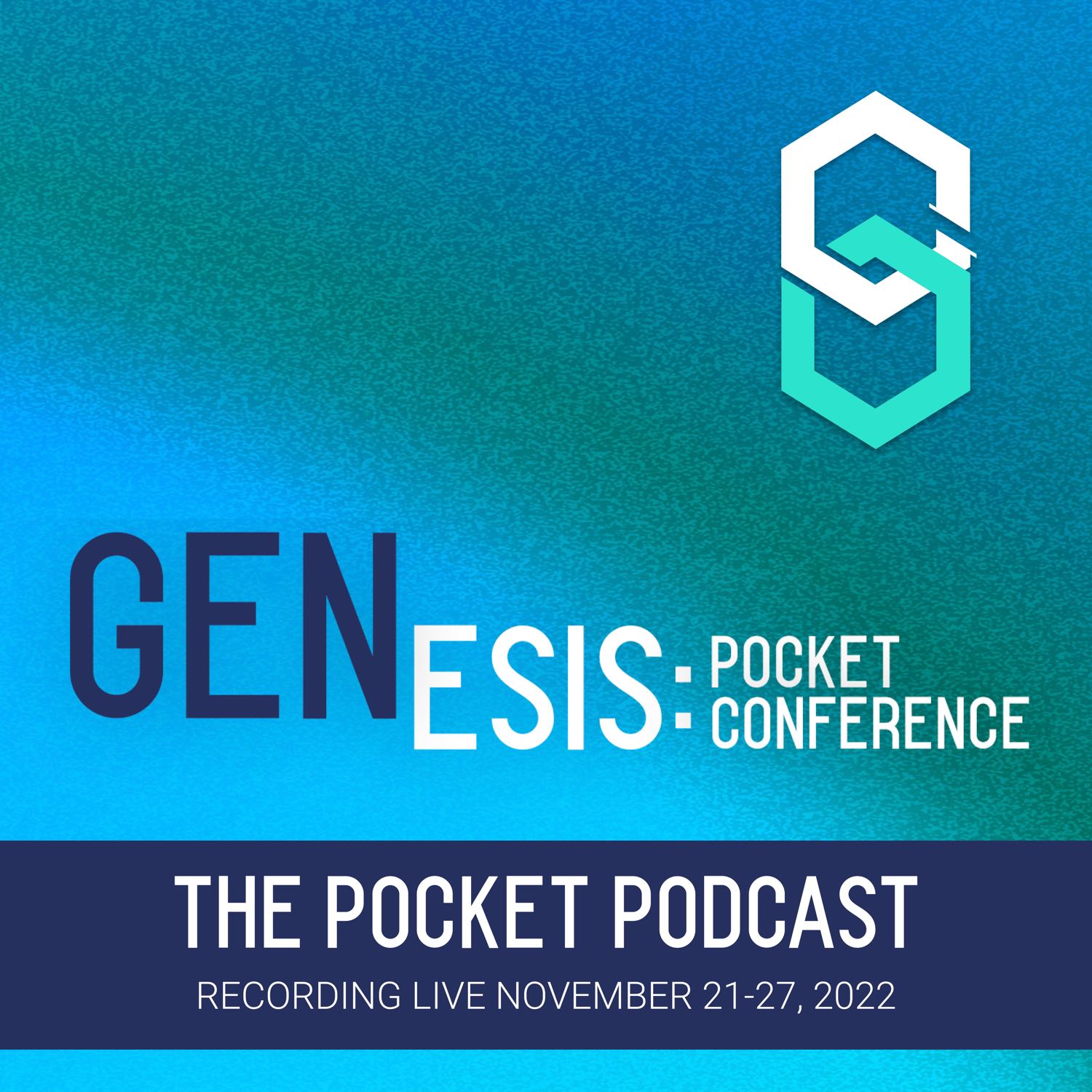- After-Shows
- Alternative
- Animals
- Animation
- Arts
- Astronomy
- Automotive
- Aviation
- Baseball
- Basketball
- Beauty
- Books
- Buddhism
- Business
- Careers
- Chemistry
- Christianity
- Climate
- Comedy
- Commentary
- Courses
- Crafts
- Cricket
- Cryptocurrency
- Culture
- Daily
- Design
- Documentary
- Drama
- Earth
- Education
- Entertainment
- Entrepreneurship
- Family
- Fantasy
- Fashion
- Fiction
- Film
- Fitness
- Food
- Football
- Games
- Garden
- Golf
- Government
- Health
- Hinduism
- History
- Hobbies
- Hockey
- Home
- How-To
- Improv
- Interviews
- Investing
- Islam
- Journals
- Judaism
- Kids
- Language
- Learning
- Leisure
- Life
- Management
- Manga
- Marketing
- Mathematics
- Medicine
- Mental
- Music
- Natural
- Nature
- News
- Non-Profit
- Nutrition
- Parenting
- Performing
- Personal
- Pets
- Philosophy
- Physics
- Places
- Politics
- Relationships
- Religion
- Reviews
- Role-Playing
- Rugby
- Running
- Science
- Self-Improvement
- Sexuality
- Soccer
- Social
- Society
- Spirituality
- Sports
- Stand-Up
- Stories
- Swimming
- TV
- Tabletop
- Technology
- Tennis
- Travel
- True Crime
- Episode-Games
- Visual
- Volleyball
- Weather
- Wilderness
- Wrestling
- Other
SINGAPORE: Acting with Aliveness: A Paradox in Practice - Chloe Chua E-Shyan
Acting is a practice of scripted and rehearsed performance, and the production of repeatable performances. It is also the practice of ‘aliveness’, a state of moment-to-moment awareness and consciousness, spontaneous and unpredictable. The ability to repeat beautifully, as if doing so for the first time, every single time, is what distinguishes a phenomenal actor from a mediocre one. Herein lies the actor’s paradox; how does one overcome lifelessness in endless repetition?This research thus presents ongoing research into Spontaneous Aliveness, a performance philosophy and accompanying method of training. I have identified physical ‘sensations’ — experienced as a result of interacting with the world around us — as physiological signifiers of human aliveness. I posit that the more well-versed an actor gets with their experience of sensations, the more effectively and reliably they can imbue their characters with life energy. My practice research therefore seeks to train the actor to increase their awareness of sensations, practice this awareness, and reliably repeat the experience of being alive.The Spontaneous Aliveness system relies on the practice of codified improvisation to train actors’ awareness of and response to themselves and others, within their surrounding environment. Some of the influences on my existing body of work include Anne Bogart’s Viewpoints training and composition, Ang Gey Pin’s Sourcing Within, Frank Camilleri’s Tekhnē Sessions and Laban Movement Analysis. In my current phase of research, I am interested in the potential of practising Spontaneous Aliveness in an ensemble of actors, as a means of psychophysical actor training.

